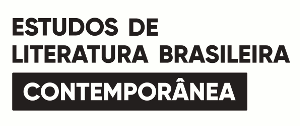Well-known since the nineties in the core of a wider differences-oriented movement, Brazilian indigenous literature is shaped as a space for the production of hybrid, multimodal and intercultural narratives. Works by authors of different ethnic groups are a favoured record of the contact among people - identity marks are inscribed in them and sometimes monolithic visions and stereotyped representations of indigenous people are challenged. In this paper, the aim is to analyse stereotyped representations of indigenous people in seven works by indigenous writers Daniel Munduruku, Olívio Jekupé, Yaguerê Yamã and Wasiry Guará. The analysis shows the recurrence of three representational strategies: the characters' ethnic belonging, the idea of children as active subjects, and the affirmation of the memory and social place of the elder in children's learning.
indigenous literature, children's literature; representation of children, Daniel Munduruku.
